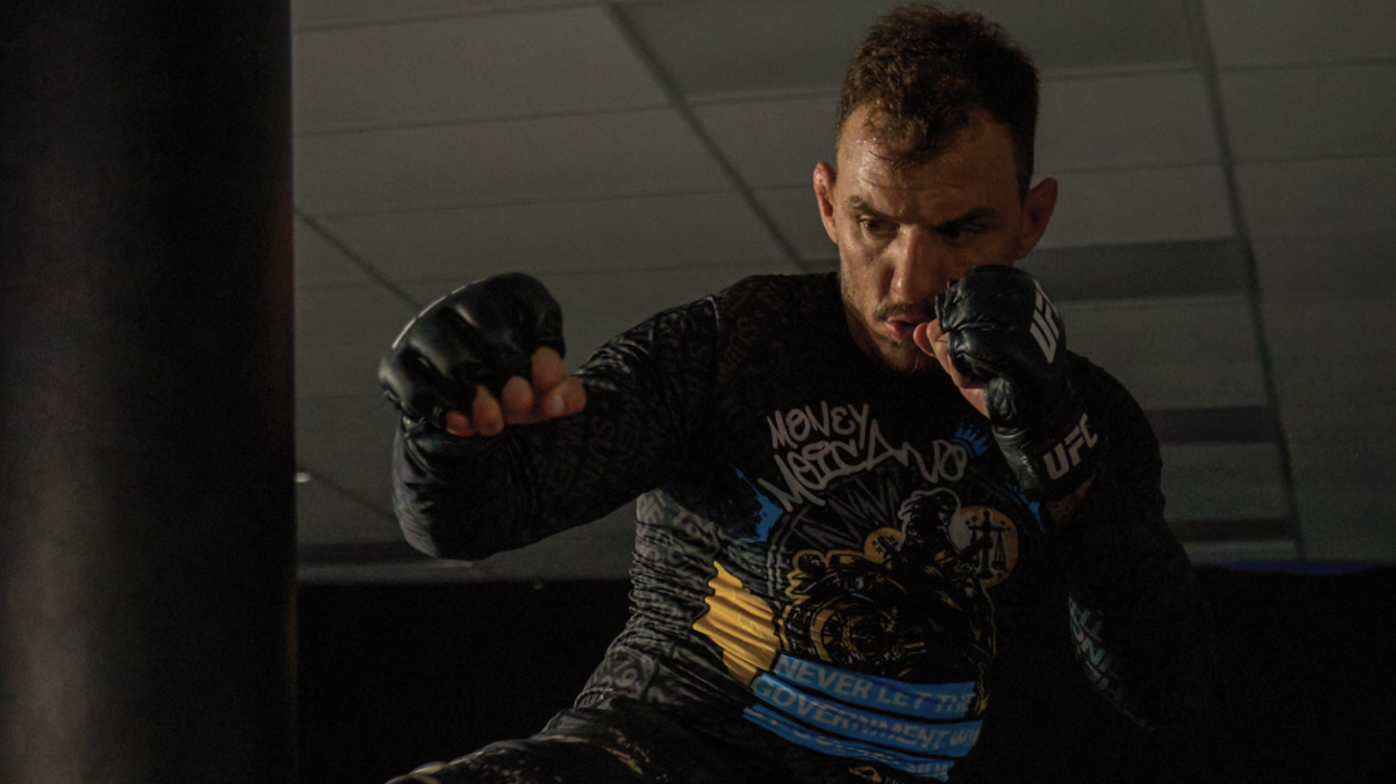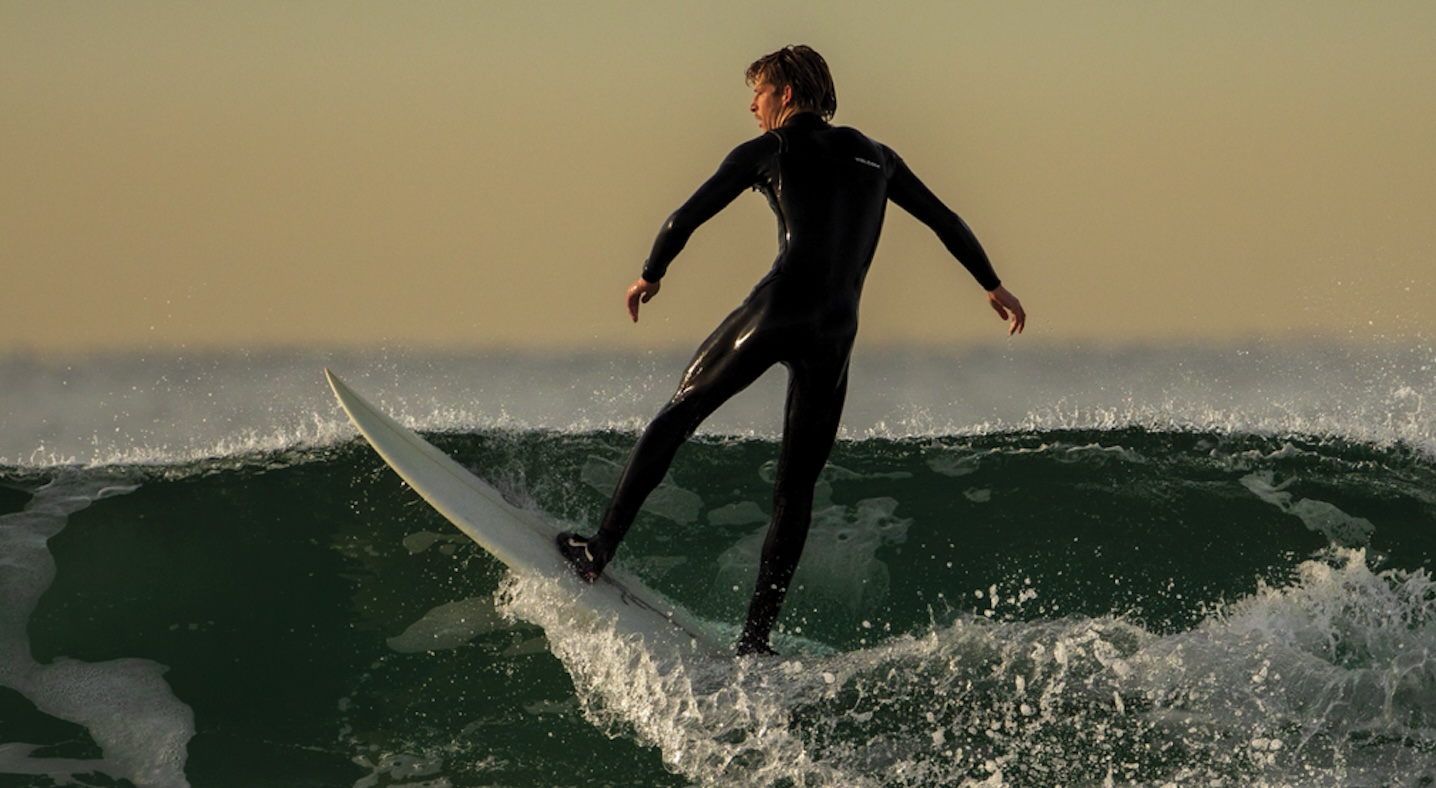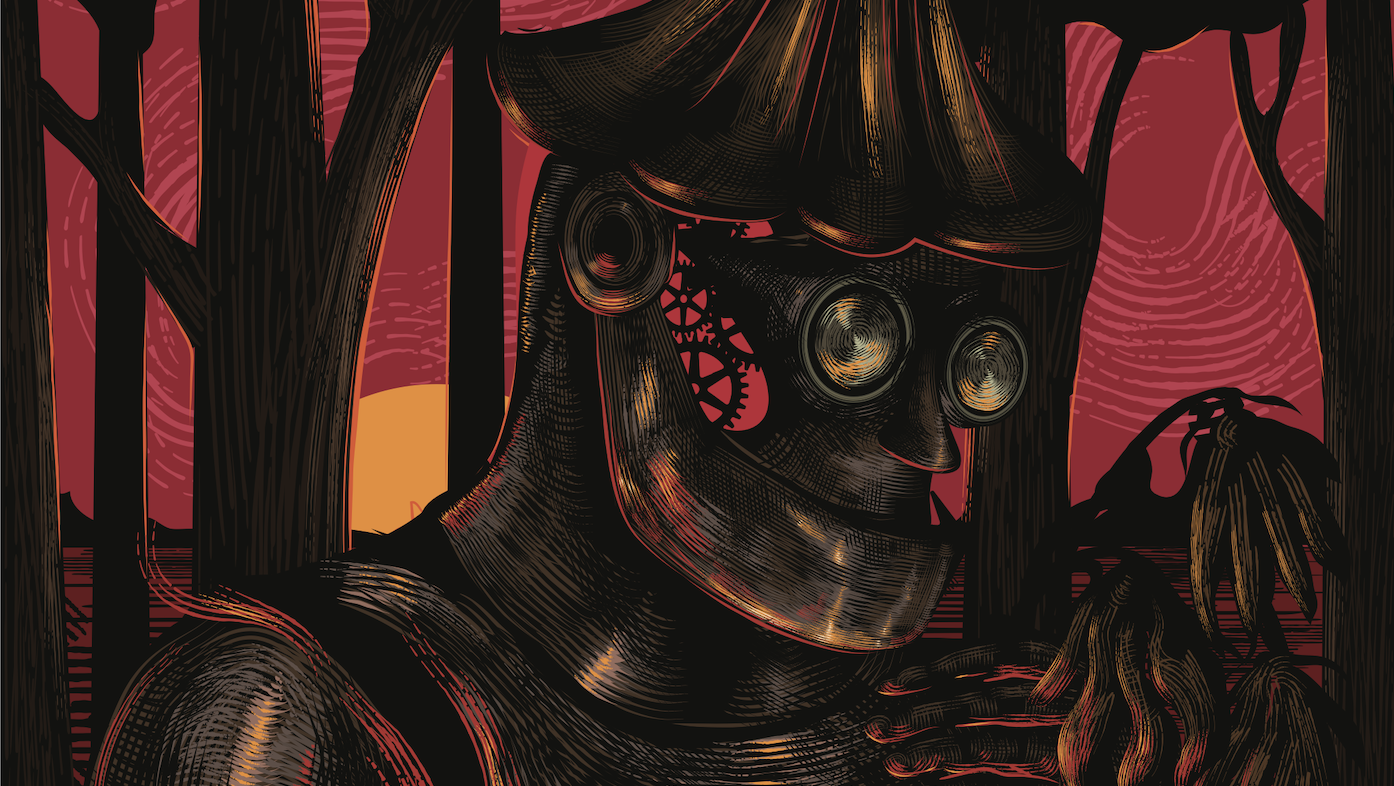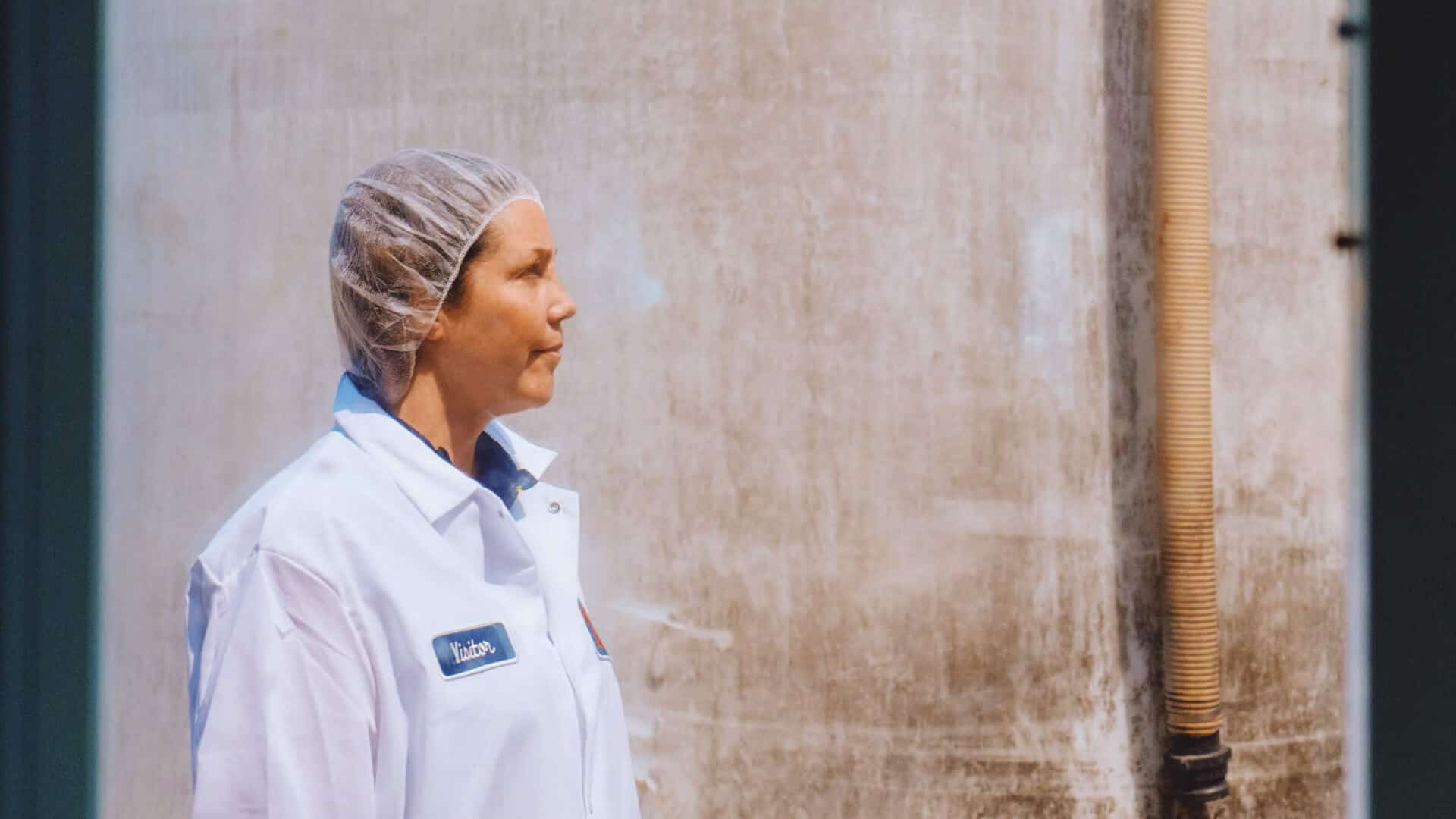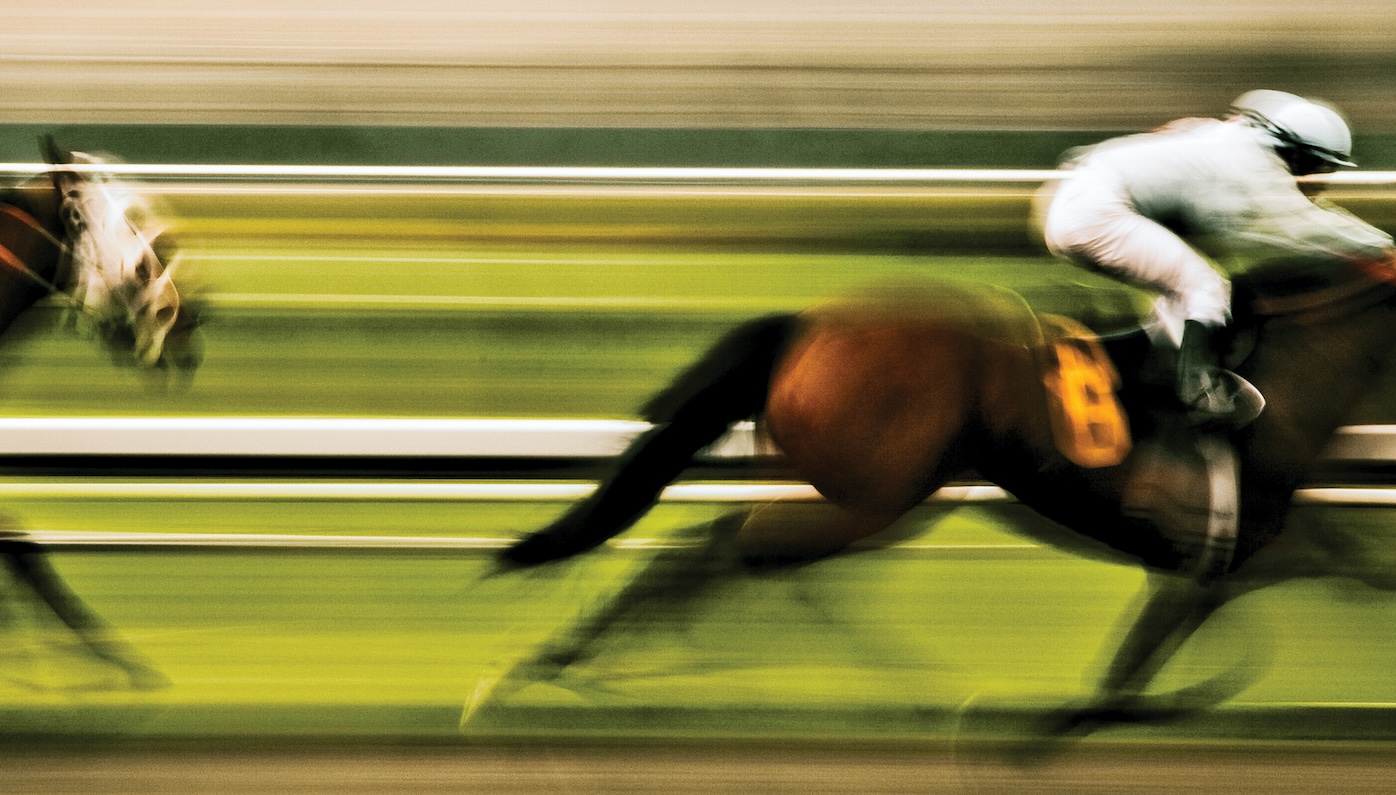I’ve never been athletic. My only team sports experience was the crucial role of waterboy for my high school rugby team. A few years ago, I was with my wife en route to a Fourth of July party. We stopped by a 7-Eleven to pick up some drinks. A heavy-set and heavily inebriated man was in an argument with the cashier about cigarettes. He reached over the counter, shoved the cashier, stole a pack of cigarettes, then stumbled out.
Everyone in the store was rattled by it. For a brief period, we didn’t know how bad it could get. Would he jump the counter and continue assaulting the cashier? Would he turn his attention to me, or worse, my wife? I felt completely powerless. Within weeks, I had joined a mixed martial arts (MMA) gym.
MMA is a fighting discipline that incorporates the grappling techniques of wrestling with Thai kickboxing and Brazilian jiu-jitsu, a technique designed to allow a smaller fighter to subdue a larger opponent. In MMA, skill and practice matter more than bulk: Your lot in a fight isn’t what you’re born with, but what you’ve made of yourself.
That may be what makes the sport so attractive to people like Joe Rogan, the popular podcaster, Dana White, the CEO of Ultimate Fighting Championship (UFC), and others across the world who value individual freedom, self-reliance, and opportunity—like Renato “Money” Moicano, the Brazilian fighter.
Fact: The history of UFC begins with a Japanese fighting form called jujutsu or jiu-jitsu (“the gentle art”), which was designed for battlefield combat against armed enemies. It involved striking, throws, and joint locks one could use to disarm a foe.
Renato Moicano came to Pacific Legal Foundation’s attention by a coincidence that seems almost preordained.
The Ultimate Fighting Championship held its 300th Pay-Per-View event (“UFC 300”) last April in Las Vegas. The UFC can be thought of as a fight promotion akin to the World Boxing Association—a league that manages, regulates, and promotes fights. But it can also be thought of more philosophically. There are hundreds of martial arts disciplines from across the world. Which combat style is the most effective? The UFC was founded precisely to settle this question.
Moicano was on the UFC 300 undercard. He’s a lightweight fighter from Brasilia, the seat of Brazil’s federal government. Moicano has said that his parents wanted him to become a doctor or a lawyer, and he studied law for two years—but he dropped out to become a professional fighter.
Fact: In 1917, jiu-jitsu master Mitsuyo Maeda traveled from Japan to promote his fighting style at a circus in Brazil. Maeda’s techniques were eagerly taken up by the son of a circus promoter, Carlos Gracie.
Moicano faced off against Jalin Turner, a California fighter heavily favored to win: Turner is six years younger and four inches taller than Moicano. In traditional boxing, that matters: Some boxing fans say that if you’re choosing between a bigger man and a better fighter, you should bet on the bigger man.
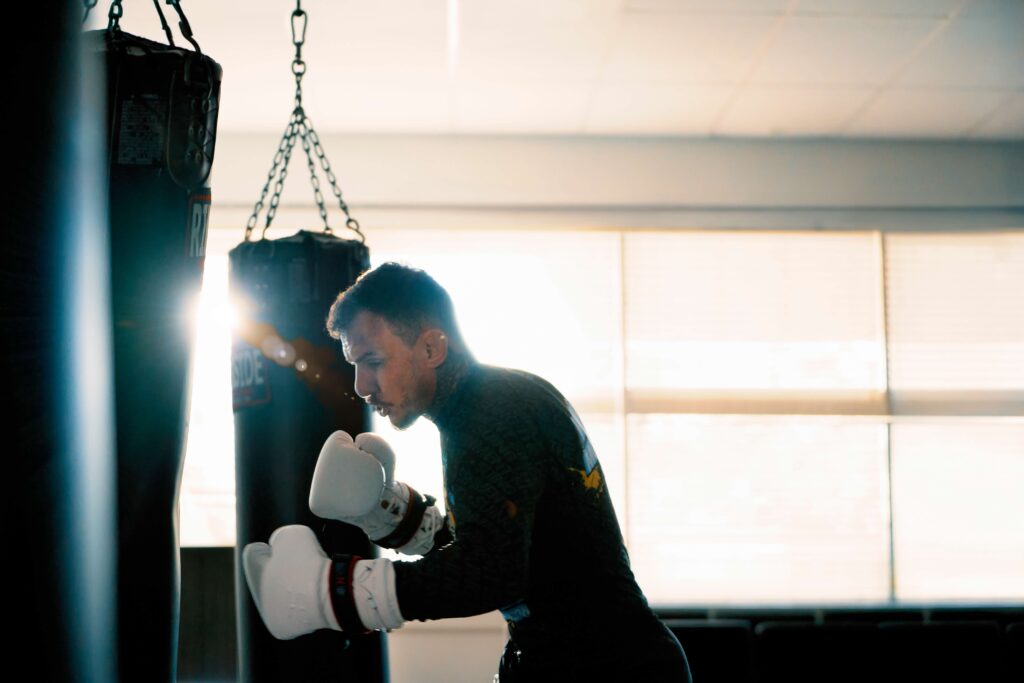
But MMA is different.
Two minutes into the lightweight bout, Turner knocked Moicano down. Then he made a mistake: He moved away from Moicano instead of pressing his advantage. Turner clearly believed the fight was already won.
“Jalin Turner put Renato Moicano down at UFC 300,” Yahoo Sports reported the next day. “He just didn’t make sure he stayed down.”
Moicano scrambled back up—and in round two, he brought Turner down. The referee called the fight for Moicano, with Turner still curled up on the mat.
Fact: There is debate over how the Gracies formed their unique style of jiu-jitsu in Brazil. One bit of lore involves Carlos’ frail younger brother Helio stepping onto the mat for training. Carlos noticed how Helio could modify the techniques to work with his small size by using more leverage than muscle.
After a major fight ends, UFC commentator Joe Rogan comes into the Octagon—an MMA ring—and asks the victor a few questions. This time Rogan got no further than “Let me ask—” before Moicano grabbed the mic and delivered one of the most viral victory speeches in the sport’s history:
“I love America. I love the Constitution. I love the First Amendment. I want to carry and own f—– guns. I love private property. And let me tell you something, if you care about your f— country, read Ludwig von Mises and the six lessons of the Austrian Economic School, m—.”
I was watching UFC 300 on ESPN+ that night—not (just) because of my own interest in MMA, but because Pacific Legal Foundation aired our first national TV commercial during the broadcast minutes before Moicano’s fight. We were introducing PLF to the UFC’s highly engaged fans, who, our research showed, are likely to be frustrated by the abuse of government power. Our commercial portrayed the fight for freedom as an MMA fight. It ended with an image of the U.S. Supreme Court, where, one day earlier, PLF had won our 18th Supreme Court victory. Over 2.6 million UFC fans saw PLF’s commercial on TV that night. (About ten million more saw it online or in downtown Vegas, where we had it playing on loop on two massive screens outside the arena and in a fleet of Ubers.) Moicano’s victory speech was kismet. Several months later I would find myself sparring with Moicano in a Florida gym after PLF sat down with him to find out how a Brazilian fighter came to love the U.S. Constitution.

Fact: In the 1990s, an entrepreneur proposed the Gracies help him throw a “no holds barred” jiu-jitsu tournament for an American audience. The Gracies said such an event would need walls or some sort of cage, as most fighting styles are a liability in a traditional roped-off boxing ring. One executive suggested lining the fight mat with a moat of alligators. But they settled on an Octagon: eight sides of chain-link fence, which remains the format to this day.
In Brazil, the Constitution is only a year older than Moicano himself. In the years since it was written, “we saw political groups trying to get control over the government and try to make their own Constitution,” Moicano told us. “But the problem with constitutions like that, they benefit some interest groups.” When he came to the United States to fight, he realized the U.S. Constitution was a different story.
We were sitting in a Florida MMA gym, where we’d come to film an interview with Moicano. Some in our crew had been mildly nervous to meet him: They weren’t used to being around professionally violent men. But in person, Moicano was disarming and unfailingly polite.
He told us he hadn’t planned out his viral victory speech. “I never thought that people would listen to me, because who am I?” he said. “I’m a fighter. I literally get paid to beat up people.” He was just trying to express himself, he said—to explain how he’d come to feel about America after making it his home.
“I start to learn about history,” he explained, “about the American Revolution and why the Founding Fathers did what they did. They thought, We don’t want to be the British, we want to be free, we want to have our rights.”
The American Revolution was the most successful in history, Moicano pointed out. “It was a war almost impossible to win.” What made it special was “the Constitution itself preventing the federal government from invading people’s rights.”
Brazil has a different relationship with its government, Moicano said. “People in Brazil still today, they think they owe the government. They think government is like the boss. But you have to understand, we are the boss. We put [the government] in place. And we as a society, we make the rules.”
Fact: To fight in the first UFC championship, the Gracies selected the smaller Royce Gracie over his larger brother Rorion. They were so confident in their brand of jiu-jitsu that they wanted a Gracie that would look like an underdog. The risky ploy worked. Royce won the first and second UFC tournaments.
For our interview, we needed video of Moicano fighting. I agreed to spar with him, knowing I was more of a prop than a proper opponent.
But if I was going to be a punching bag for the camera, I figured I might as well go all in: I tried a single leg takedown on Moicano. (For non-wrestlers, that’s when you dive in for a leg to drive your opponent to the ground.) He dutifully stuffed it, so I feinted high (also blocked) and went in with everything I had (why not?) and found myself upside down and in the most effortless and brutal chokehold I’ve ever experienced.
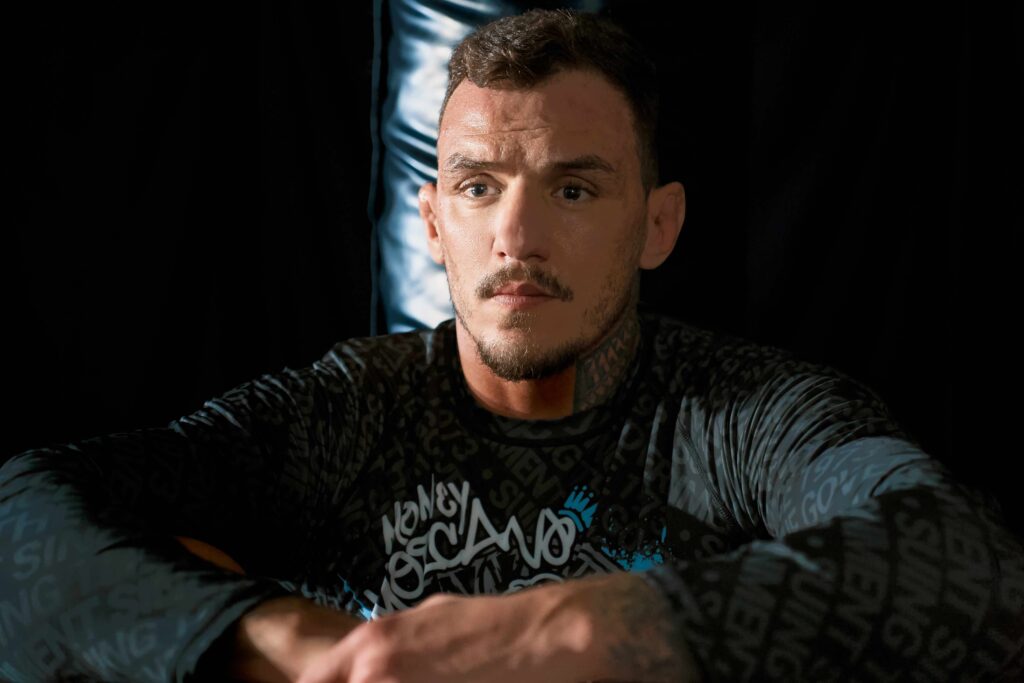
On his podcast, Joe Rogan has speculated that Meta CEO Mark Zuckerberg came to care more about individual liberty after getting into martial arts. “Nothing turns you into a libertarian like jiu-jitsu,” Rogan said. “Because you expose character in a way that is almost impossible even with other martial arts.”
We asked Moicano why he thought so many MMA fighters seem to gravitate toward free market, pro-liberty politics.
“The market is about liberty and reality,” Moicano answered. “If you don’t put 100% of you, nobody is going to save you. There’s no handouts in MMA.”
